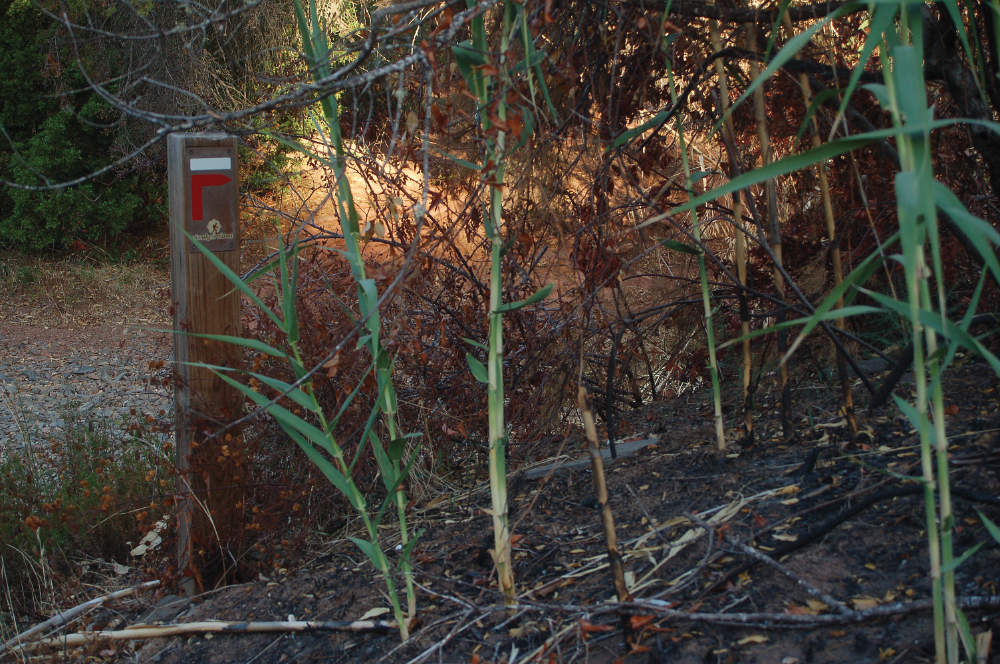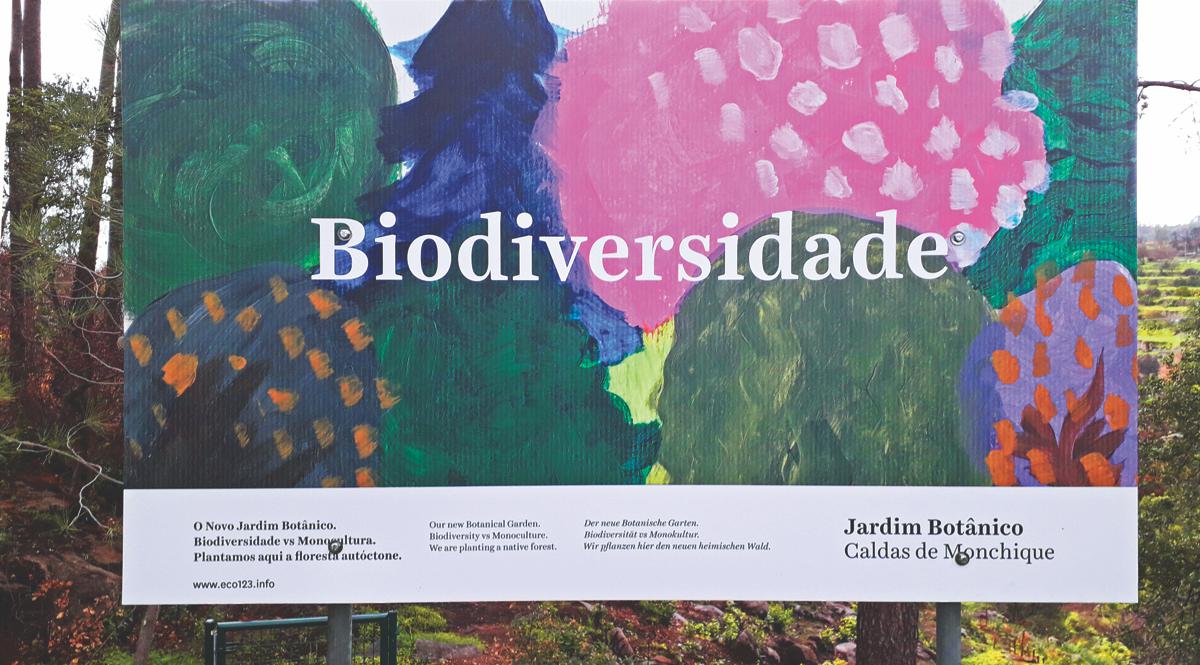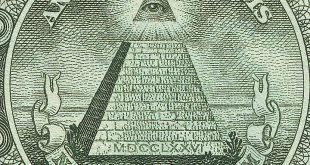Saturday the 15th of July 2023.
Since the beginning of the Industrial Revolution, the use of fossil fuels has released enormous quantities of carbon dioxide into the atmosphere. This is a gas that reduces heat reflection from the Earth, leading to the rise in temperatures on our planet. Every year sees the addition of several billions of tons of carbon dioxide. Today we know that these will remain for centuries in the earth’s atmosphere. The speed of the earth heating up has long been underestimated. Its consequences are dramatic: ice melting, rising sea levels, devastating forest fires and ever worse droughts.
What is to be done against global warming, the heating up of the Earth? Is technology able to save our climate? That’s the question politicians are putting to scientists. How about an attitude along the lines of „Back to Nature“? That’s what I would ask politicians? How about a step-by-step reduction of their own CO2 footprint? This could start at many nooks and crannies of anyone’s personal life: avoiding waste, buying locally produced goods, looking for a provider of clean electricity. In Portugal the go-to option would be the power cooperative Coopernico. Following a meat-free diet means reducing your own footprint – as will moving away now from petrol or diesel-powered car towards electric mobility, using the train for longer distances, buses closer to home, driving an electric car for those living in rural areas. This also includes politicians who should ask themselves whether they couldn’t live by example. By avoiding flights? Those living in rural areas have the opportunity to try their hand at agriculture, at least for their own consumption: laying out a small potato bed, grow their own lettuce and tomatoes, peppers and onions, beans, and so on.
Five years ago I proposed a test in ECO123 demonstrating exactly how much CO2 is released by the purchase of one kilo potatoes (fries) from the frozen section of the supermarket, through industrial processing and he months of chilling of the freeze-dried potatoes: just under five kilogrammes of CO2 per kilogramme of potatoes – in contrast to your own potatoes from your own garden, responsible for a paltry 200 grammes of CO2. Anyone could see that things can be done differently. Those planting a tree – or several even per year – may credit the trees they planted to their own CO2 account. Buying a dozen solar panels to produce your own electricity – which is no longer a pipe dream – can save some 25% on emissions. At the moment, those managing to make their way back to nature are not really rewarded. They are rewarding themselves though when they realise that they are contributing to a reduction in the heating up of the atmosphere: for any outside temperature rising above 37 degrees Celsius is nothing but fever. And fever is a state that is nearly always due to sickness. So what now?
The Botanical Gardens in Caldas de Monchique feature a small Myawaki forest. In there, it’s always ten degrees colder than anywhere else in the outside sunshine. Why not consider taking part in our project, planting native trees and looking after a forest. You might like to adopt and sponsor a tree. Feel free to accept our invitation to be a part of this.
 Eco123 Revista da Economia e Ecologia
Eco123 Revista da Economia e Ecologia










